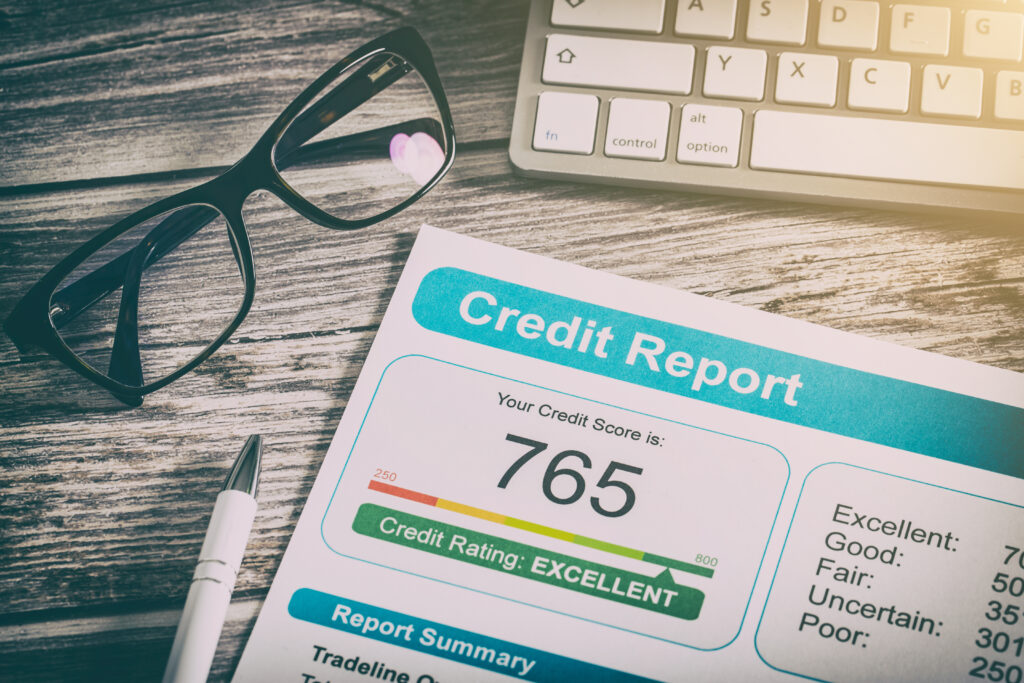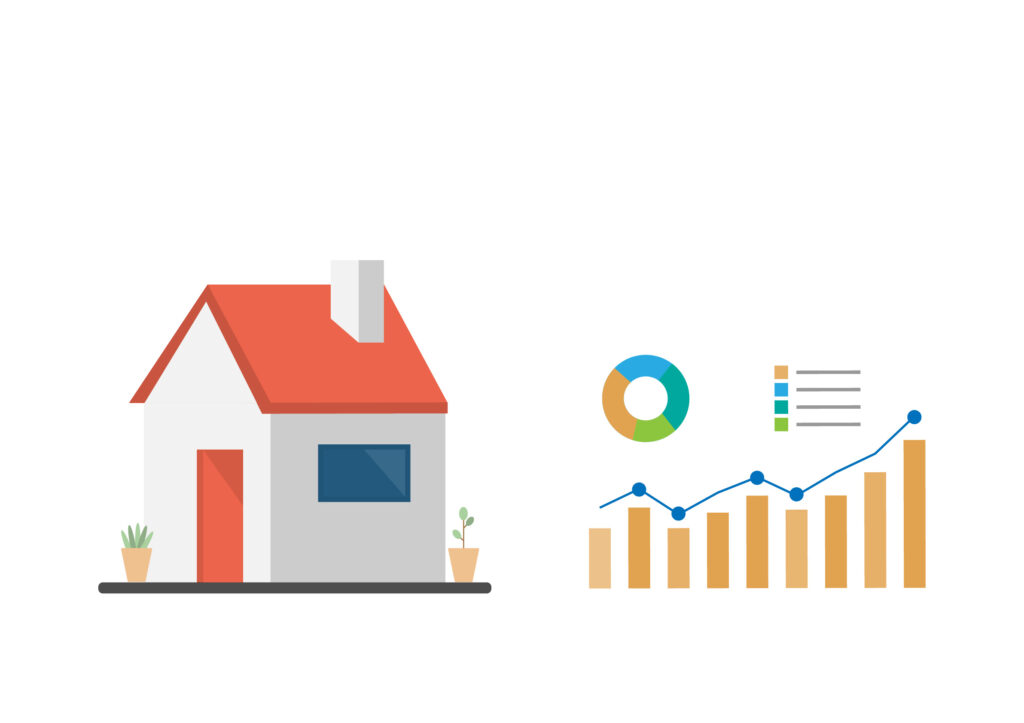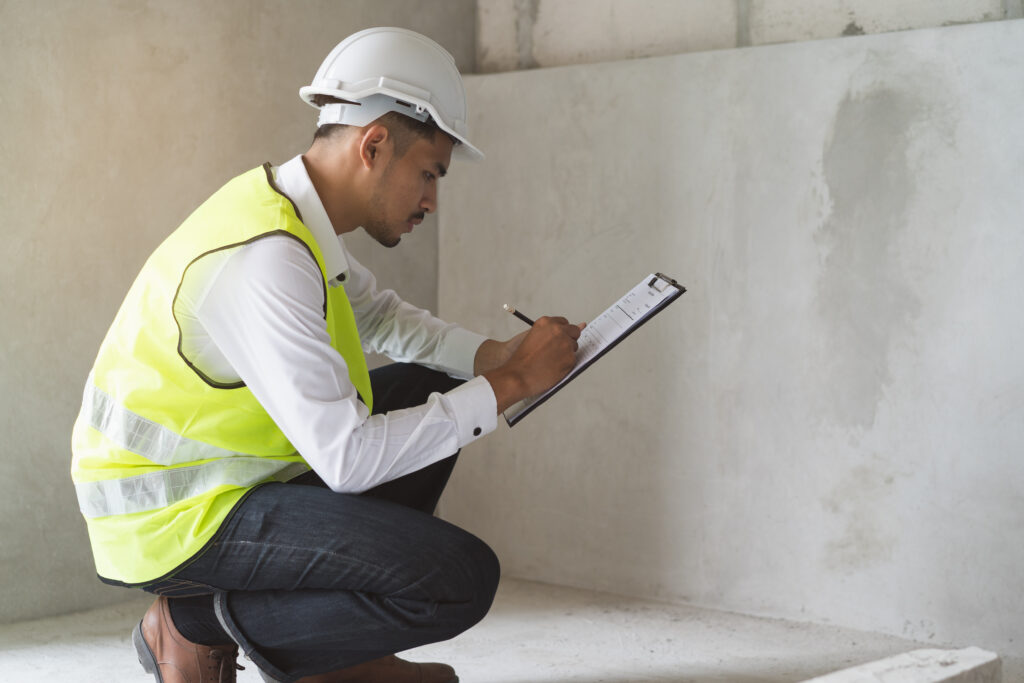
Maintain and Improve Your Credit
Good credit is still crucial for buying a home. Before applying for a home loan, make sure to maintain a good credit score by paying your bills on time, keeping credit card balances low, and avoiding opening new accounts. Lenders will still consider your creditworthiness, and a higher credit score can help you secure a lower interest rate.
Get Pre-Approved
Getting pre-approved for a mortgage is still recommended. This process involves a thorough review of your financial history and creditworthiness, providing you with a more accurate loan estimate and making you a stronger buyer. Pre-approval saves time during the purchasing process and helps you avoid any surprises or delays.


Understand Property Boundaries and Potential Issues
When evaluating a property, it’s essential to understand the boundaries and any potential issues. Consider hiring a professional surveyor to determine property lines and identify any encroachments or potential disputes. Additionally, assess the neighborhood and surrounding areas for factors such as noise levels, future development plans, and environmental considerations.
Research the Neighborhood and Community
Before buying a home, thoroughly research the neighborhood and community where it is located. Visit the area at different times of the day to gauge noise levels, traffic, and overall livability. Research local amenities, schools, crime rates, and community development plans to ensure it aligns with your lifestyle and long-term goals.


Focus on Long-Term Value
When choosing a home, prioritize long-term value over immediate appeal. While a larger and more luxurious home may seem attractive, consider factors such as market demand, resale potential, and future growth in the area. A well-balanced property with good potential for appreciation will likely provide a better return on investment.
Don't Time the Market
Timing the housing market is still challenging, if not impossible. Rather than trying to predict market fluctuations, focus on your personal and financial readiness for homeownership. When you have stable finances and find a suitable home that meets your needs and budget, seize the opportunity.


Maintain Emotional Balance
Avoid falling in love with a home to the point where you overpay for it. Set a realistic budget and stick to it. Make sure to assess the property objectively and consider its value in relation to comparable homes in the area. Emotionally-driven decisions can lead to financial stress or difficulty selling the property later.
Conduct Thorough Inspections
Hiring a professional home inspector remains crucial before purchasing a home. An inspection helps identify any hidden issues, potential repairs, or maintenance needs. Consider additional specialized inspections such as termite inspections, radon testing, or mold assessments, depending on the region and property type.


Strategize Your Bidding
When making an offer, strategize your bid based on your affordability and the property’s value. Research comparable sales in the area to gauge the market value and work with your real estate agent to craft a competitive offer. Avoid overbidding or underbidding significantly to ensure a fair price and increase your chances of securing the property.
Remember, these tips are general guidelines, and it’s always advisable to work with experienced professionals such as real estate agents, lenders, and inspectors to navigate the home buying process successfully.



Start Your Home Buying Today?
Please fill out the form below and one of our agents will get in touch promply

